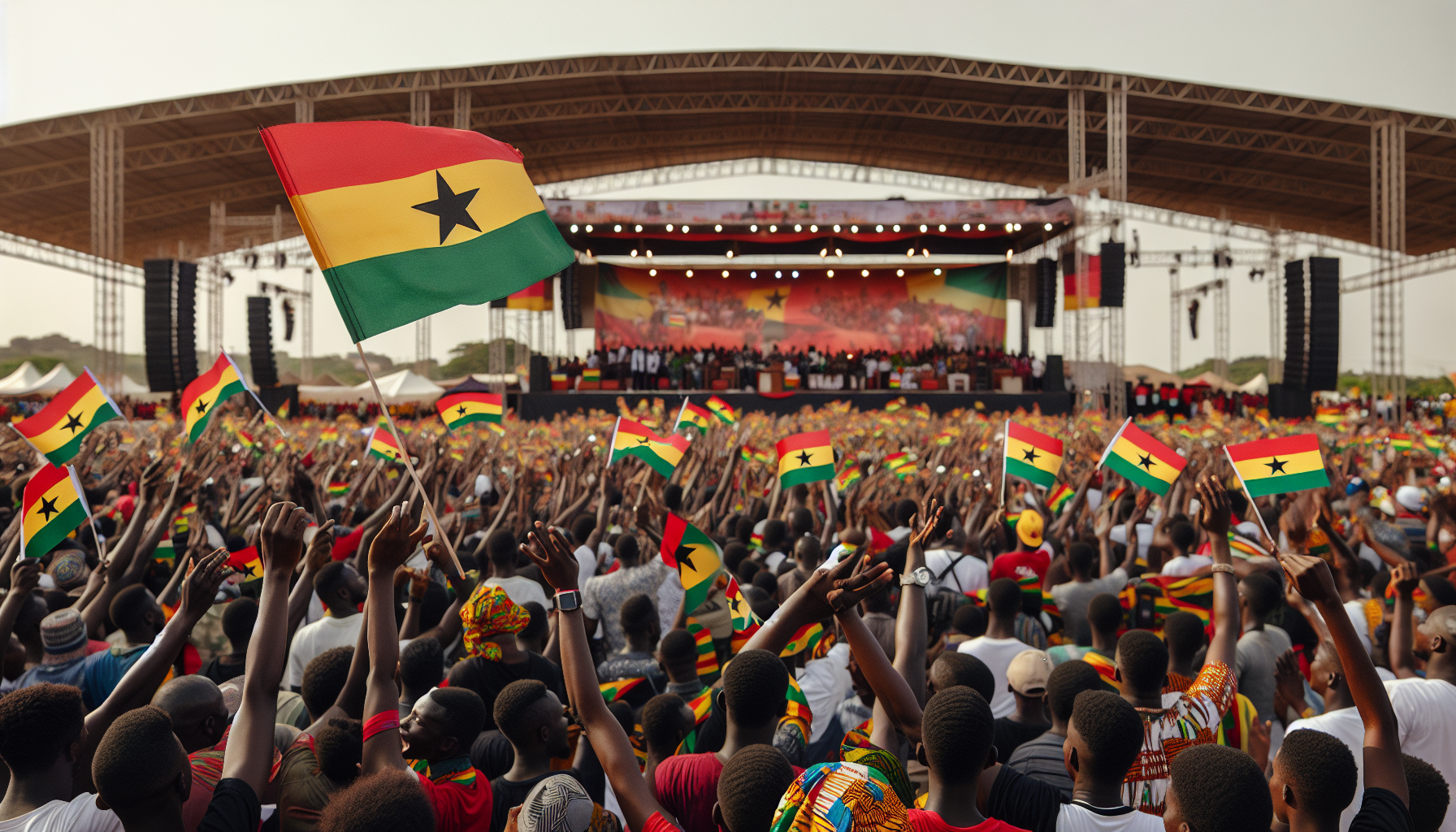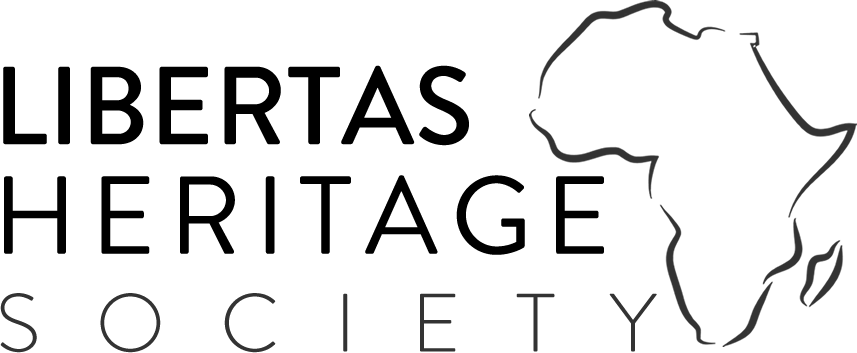Partisan politics in Ghana has long been a defining feature of the nation’s democratic landscape. While political competition is essential for democracy, the intense partisanship seen in Ghana today often comes at a high cost to the country’s social cohesion, economic development, and overall political stability. This article delves into the multifaceted consequences of partisan politics in Ghana, exploring how deeply entrenched political divisions affect governance, national unity, and the everyday lives of Ghanaians.

At the heart of Ghana’s political system are two dominant parties, the New Patriotic Party (NPP) and the National Democratic Congress (NDC). Their rivalry has shaped the country’s political discourse for decades, but the resulting polarization has also fueled tension and mistrust among citizens. This polarization frequently leads to a winner-takes-all mentality, where political opponents are viewed not just as rivals but as adversaries to be defeated at all costs. Such an environment discourages collaboration and compromise, which are vital for effective governance.
One of the most visible costs of partisan politics is the disruption it causes in policymaking and implementation. When political leaders prioritize party loyalty over national interest, policies can become inconsistent and short-sighted. Successive governments may overturn or abandon the initiatives of their predecessors simply because they were introduced by the opposing party. This lack of continuity undermines long-term development projects, wastes public resources, and breeds public cynicism about the government’s ability to deliver meaningful progress.
Moreover, partisan politics in Ghana often exacerbates ethnic and regional divisions. Although Ghana is generally celebrated for its relative ethnic harmony, political affiliations sometimes align with ethnic identities, deepening social fractures. Politicians may exploit these divisions to mobilize support, which can intensify feelings of exclusion and marginalization among certain groups. In extreme cases, this can lead to violent conflicts and undermine the peace and stability that Ghana has worked hard to maintain.
The economic impact of partisan politics is also significant. Political instability and uncertainty deter both local and foreign investment, slowing economic growth and job creation. Businesses may hesitate to invest in regions perceived as politically volatile or may face disruptions due to political protests and unrest. Additionally, government resources can be diverted toward political campaigning and patronage networks rather than critical sectors such as education, healthcare, and infrastructure.
Furthermore, the high cost of partisan politics extends to the erosion of democratic norms and institutions. When political actors prioritize party interests over democratic principles, practices such as electoral manipulation, harassment of opposition members, and weakening of independent institutions can become more prevalent. This undermines citizens’ trust in the electoral process and democratic governance, threatening the future of Ghana’s democracy.
Despite these challenges, there is hope for a more inclusive and constructive political culture in Ghana. Civic education, dialogue initiatives, and reforms aimed at promoting political accountability and transparency can help bridge divides. Encouraging political leaders to adopt a more collaborative approach, focusing on national development rather than partisan gain, is crucial for the country’s progress.
In conclusion, the high cost of partisan politics in Ghana is evident across social, economic, and political dimensions. Addressing these costs requires a collective effort from political leaders, civil society, and citizens to foster dialogue, respect diverse perspectives, and prioritize the nation’s well-being above party interests. Only by overcoming the destructive effects of partisanship can Ghana fully realize its democratic potential and achieve sustainable development for all its people.

